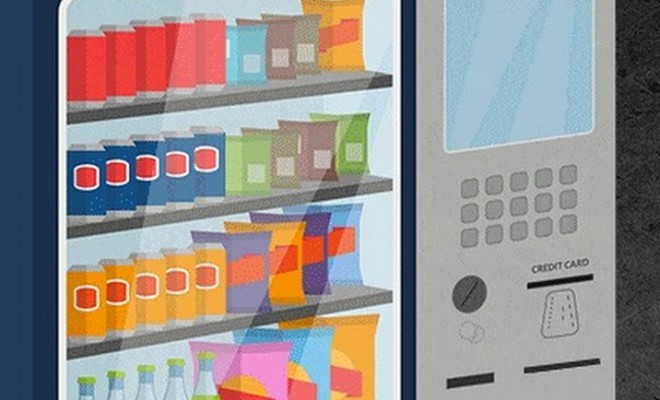
The economics of vending machines
The pandemic has boosted interest in vending machine ownership. But just how lucrative is the business? We spoke to 20+ operators to find out.
Three months ago, Jalea Pippens — a phlebotomist at St. John Hospital in Detroit — had her hours cut.
In the midst of the pandemic, the 23-year-old found herself in dire need of a second income stream. One night, while scrolling through search results for “ways to make extra money,” she came across vending machines.
The daily minutiae of owning a vending machine seemed a bit dull: buying bulk candy at Sam’s Club, stocking machines, collecting weathered bills and buckets of coins. But Pippens saw an opportunity to be her own boss.
She partnered up with her boyfriend and another business partner, bought a vending machine on Facebook Marketplace for $1.6k, and plunked it down at a local auto parts store, where it now grosses $400 per month.
“I’d never really thought about vending machines,” she tells The Hustle. “I didn’t even know you could own one.”
Pippens is one of thousands of individual operators who make up the bulk of the vending machine ecosystem.
During the pandemic, the relatively low barrier of entry has attracted a new generation of vending machine entrepreneurs — schoolteachers, nurses, mechanics, students — who measure profits in $1 bills and utilize new technologies to monitor and scale their operations.
But are vending machines really a viable side hustle? How much does the average machine bring in? And what does the job entail?
To find out, The Hustle surveyed and interviewed 20+ vending machine operators all over America.
Συνέχεια ανάγνωσης εδώ
Πηγή: thehustle.co

